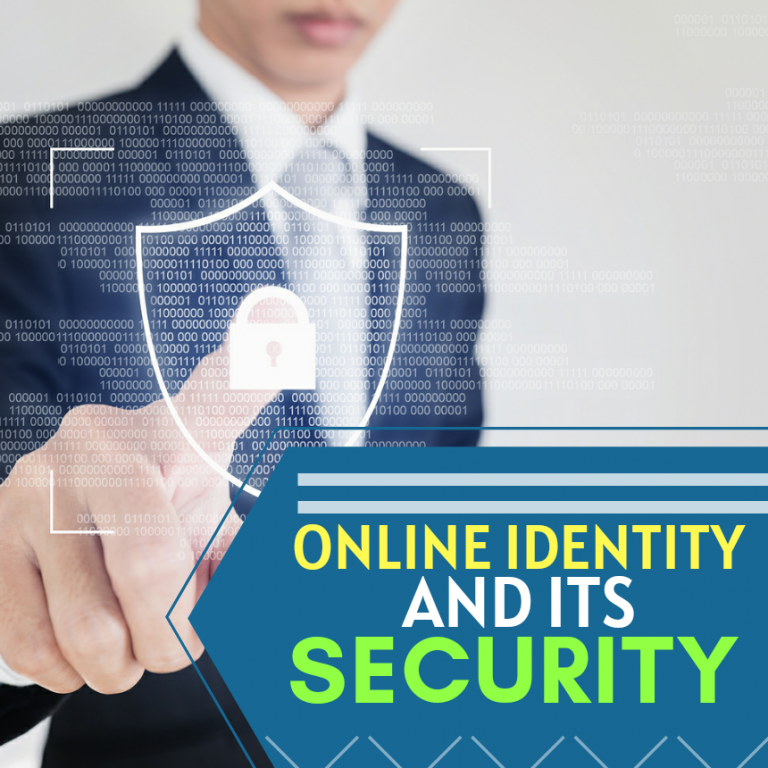
Whether you are a huge commercial business, a small non-profit organization, or an individual, the security or creation of your online presence is necessary. While several businesses and individuals utilize social media platforms to connect with customers, followers, or organization members, a domain name that drives to a website hosting your generated content or to an e-commerce platform that produces significant revenue is yet one of the most reliable means to make sure that an online identity does not fall victim to hijackers or hackers that can interrupt your activities and influence company interactions and sales with your customers.
Related: Domain Name: How to Select? Where to Register?
Over the years, ICANN and the registrars and registries in the domain name industry have committed resources, technical, operational, and financial, to make sure that the domain name system or DNS remains secure and stable despite escalating attacks by parties attempting to distribute botnets, spam, malware, and other kinds of abuse. Just a few months ago, many registrars and registries, signed on to a written framework on several approaches to address DNS abuse. This framework outlines an attempt by the industry itself to take proactive measures to approach the increase in threats against domain name users.
Though these industry efforts advance, domain name owners also require to take decisive measures to defend their domain names from hijack and attack. These positive measures can be summed as follows:
Related: Website Security Affects Your SEO
1. Choose a Security-focused Registrar:
There are numerous domain name registrars from which to acquire and maintain a domain. Determine one that operates a hardened portal that reviews code and security vulnerabilities consistently. The registrar must portray robust internal security controls, should have a proven security track record, and be dedicated to staying at the top of the latest exploits and newest security vulnerabilities.
2. Set Up Multi-Factor Authentication:
Several internal security checks require users to utilize multi-factor authentication, which presents a robust, extra layer of security if login credentials are endangered. Social media accounts usually don’t have multi-factor authentication for logins. It is also crucial that login credentials to any account – primarily to domain names, DNS, and website administration accounts – are never shared, are evaluated consistently, and have a restricted number of authorized users.
3. Add an Additional Domain Lock:
All significant domains, particularly those domains that point to e-commerce platforms on which products are sold, should have an extra lock executed, also known as a “Registry Lock.” It suspends all domain registration confirmations at the initial registry level until the definite high-security process is considered as defined by both the client and the registrar. This additional lock prevents inaccurate nameserver updates, social engineering attacks, and hijackings.
4. Use Extended Validation Certificates:
To build better online trust, all websites should be accessible under HTTPS utilizing SSL Certificates. These certificates decrease the effectiveness of phishing attempts and also create trust in users visiting your website.
5. Check Email Security Standards:
Make sure that email providers adhere to the most advanced and strictest standards in email delivery. This involves setting up email signatures utilizing DomainKeys Identified Mail or DKIM and Domain-based Message Authentication, Reporting & Conformance (DMARC) records to assist you in preventing phishing emails from getting delivered to the users.
Internet security and safety is everyone’s duty. Domain name providers such as registries and registrars require to do their share to sustain a secure and safe platform. Still, domain name users themselves also should take steps to defend their domain name portfolio and make sure their online presence, whether it be an organization or business, is not exposed to compromise.
Domain Name Security is one of the essential factors for your safe online presence. This not only secures your websites and digital presence, but it also helps you gain trust from your audience.
Related: A Beginner’s Guide to Domain Name Servers (DNS) and How Does It Work


